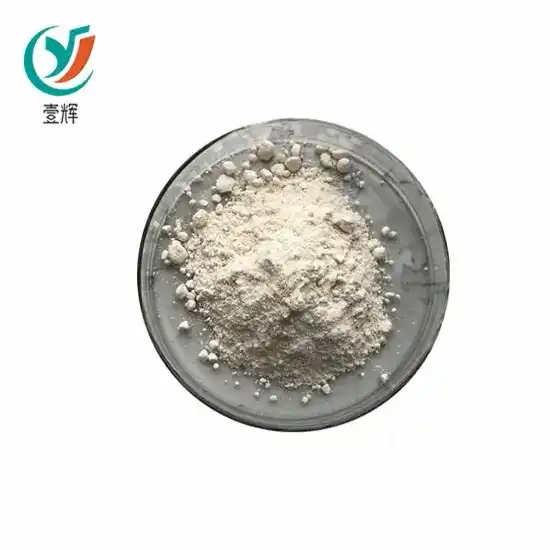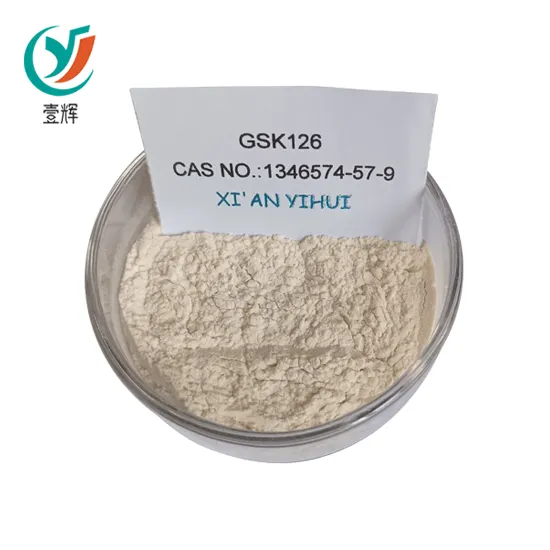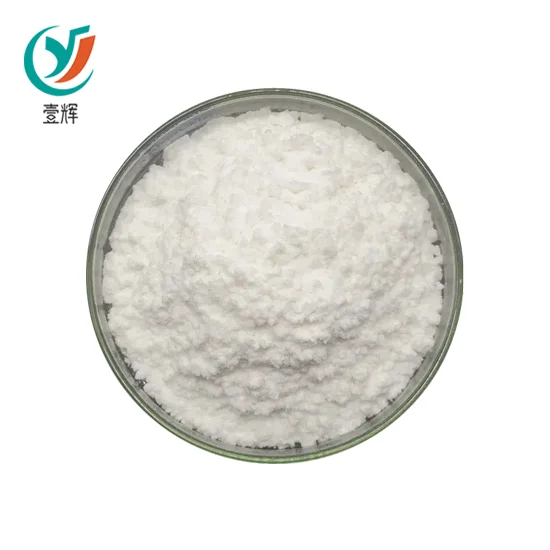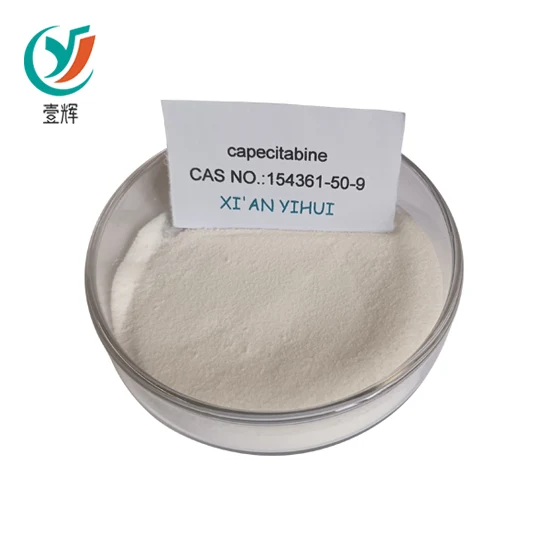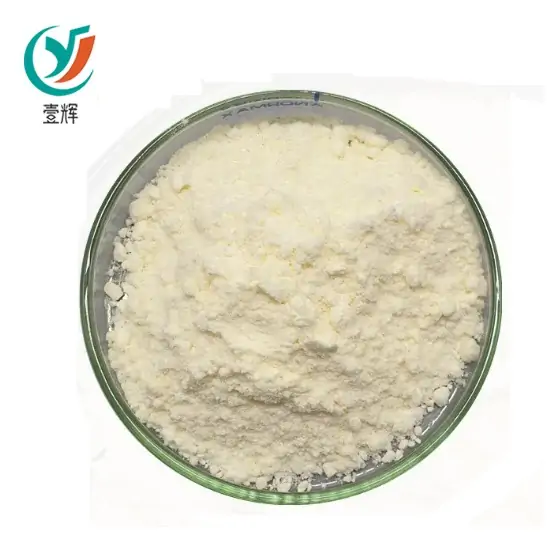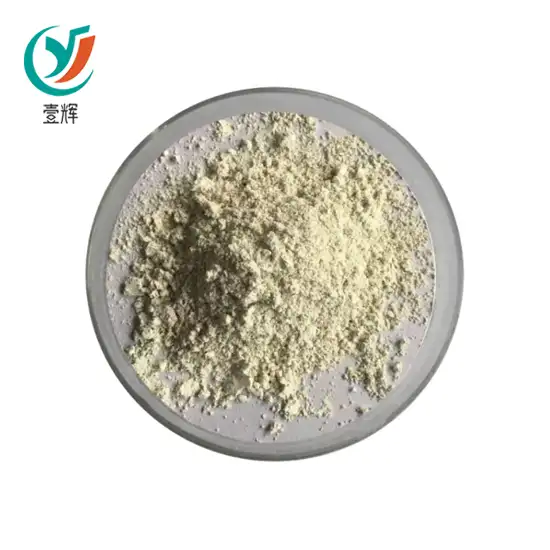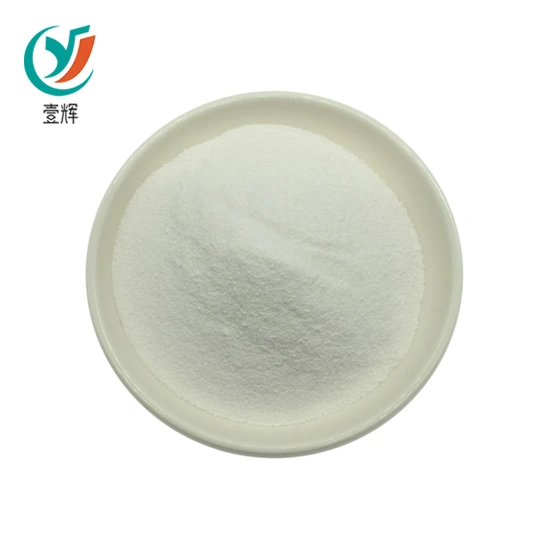Clotrimazole: An Effective Antifungal Agent
Fungal infections are a common health issue, it affect many people's quality of life. Fortunately, modern medicine has developed a series of effective antifungal drugs, and one highly acclaimed medication is 99% Clotrimazole. This article will explore the mechanism of action, clinical applications, and safety of Clotrimazole.
Introduction:
Fungal infections are a common health issue, it affect many people's quality of life. Fortunately, modern medicine has developed a series of effective antifungal drugs, and one highly acclaimed medication is 99% Clotrimazole. This article will explore the mechanism of action, clinical applications, and safety of Clotrimazole.
.webp)
Mechanism of Action:
Clotrimazole belongs to the imidazole class of antifungal drugs, primarily working by affecting the structure of fungal cell membranes to inhibit their growth. It binds to yeast-like substances in the cell membrane, leading to membrane disruption and leakage of essential components, ultimately causing fungal death.
Clinical Applications:
Vaginal Candidiasis: Clotrimazole is applied in the form of cream, suppositories, or vaginal tablets for the treatment of vaginal infections. It can quickly relieve symptoms such as vaginal itching, abnormal discharge, and discomfort, while clearing the fungal infection in the affected area.
Skin Fungal Infections: Clotrimazole can be used to treat various skin fungal infections such as athlete's foot, jock itch, and ringworm. Topical formulations such as creams, powders, or lotions containing Clotrimazole effectively alleviate symptoms like itching, redness, and scaling, aiding in the restoration of healthy skin.
Safety:
Clotrimazole is considered as a safe drug usually, but it still needs to be cautious when using it. Before use, doctors should be informed of the history of allergies, pregnancy status and other drugs that are being used. Additionally, Clotrimazole is intended for external use only and should not be ingested orally.
While most people experience minimal side effects when using Clotrimazole, mild local discomfort such as irritation, itching, or redness may occur. If persistent or worsening adverse reactions are observed, prompt consultation with a healthcare professional is advised.
Conclusion:
Clotrimazole, as a widely used antifungal drug, has achieved good clinical effects. It inhibits fungal growth by destroying the structure of the fungal cell membrane, and plays an important role in the treatment of vaginal adopycosis and skin fungal infection. However, we still need to follow the doctor's advice to use Clotrimazole within the correct dose and treatment period.
Please note that this article is for reference only, and it can't replace the doctor's advice.Before using Clotrimazole or other drugs, consult a professional doctor to obtain accurate diagnosis and treatment solutions.

